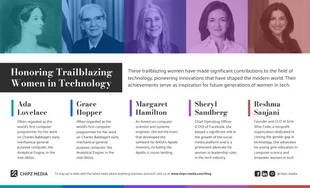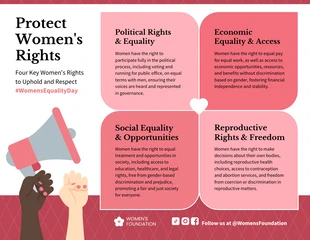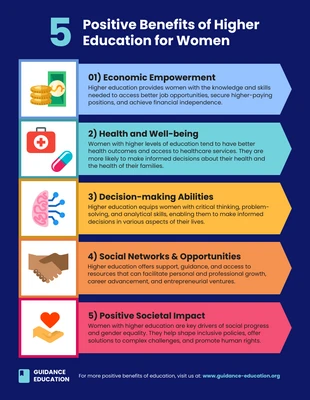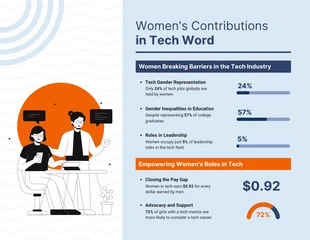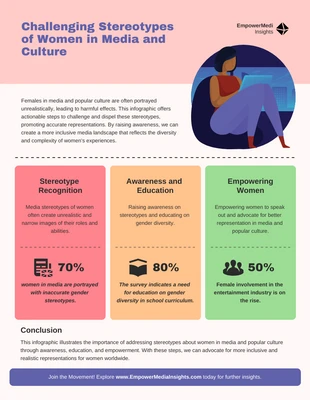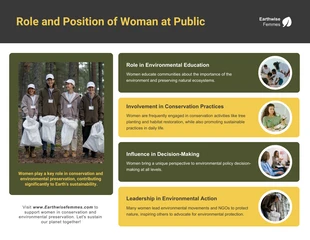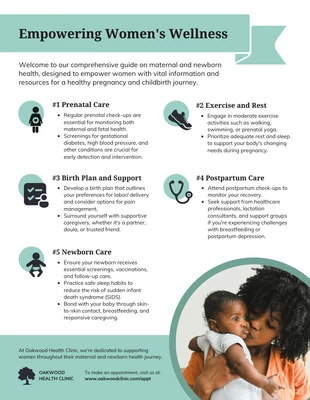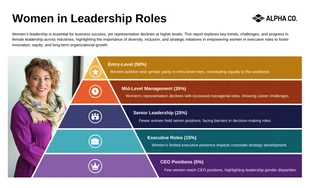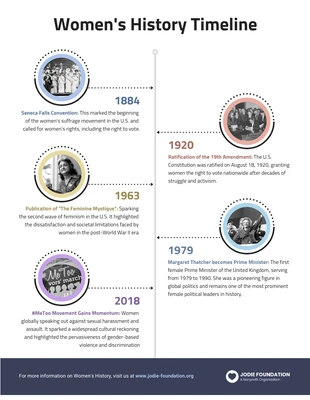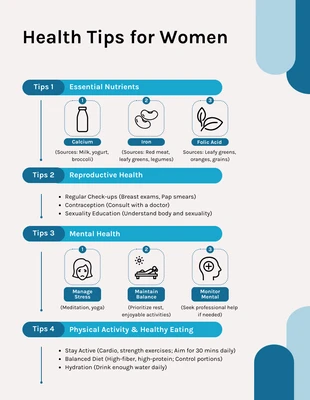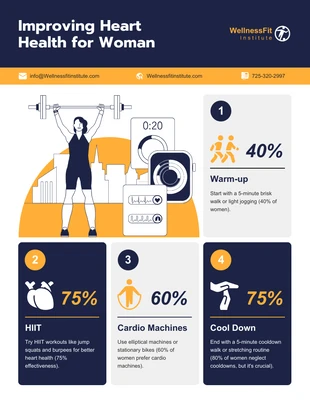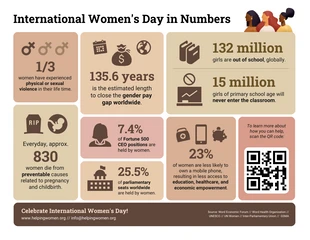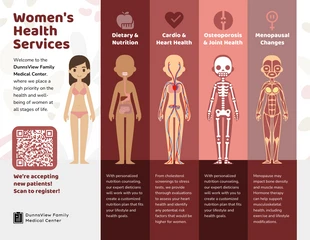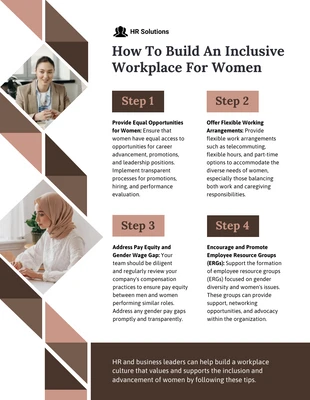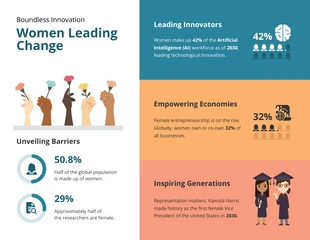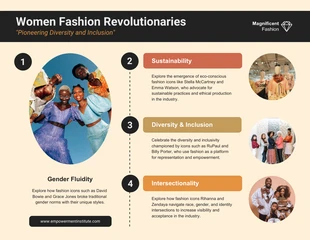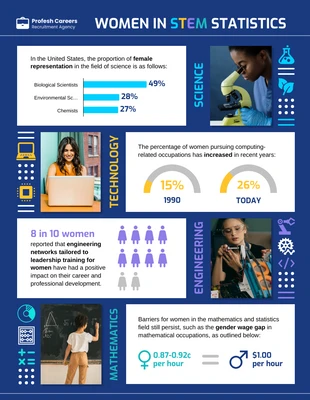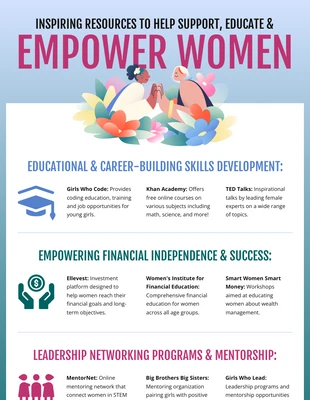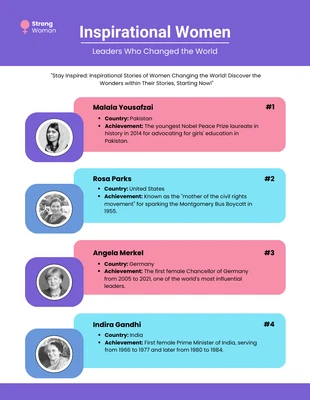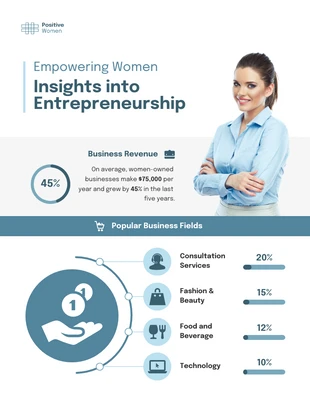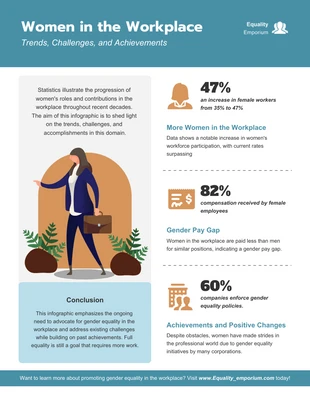Women Infographics Templates
Dive into the world of women's achievements and challenges with our women infographic templates, where every design tells her story. These templates are perfect for illustrating the remarkable journeys of women, from groundbreaking achievements to daily triumphs, in a visually compelling way. Celebrate the essence of womanhood, one infographic at a time, making every statistic and fact as powerful as the women they represent.
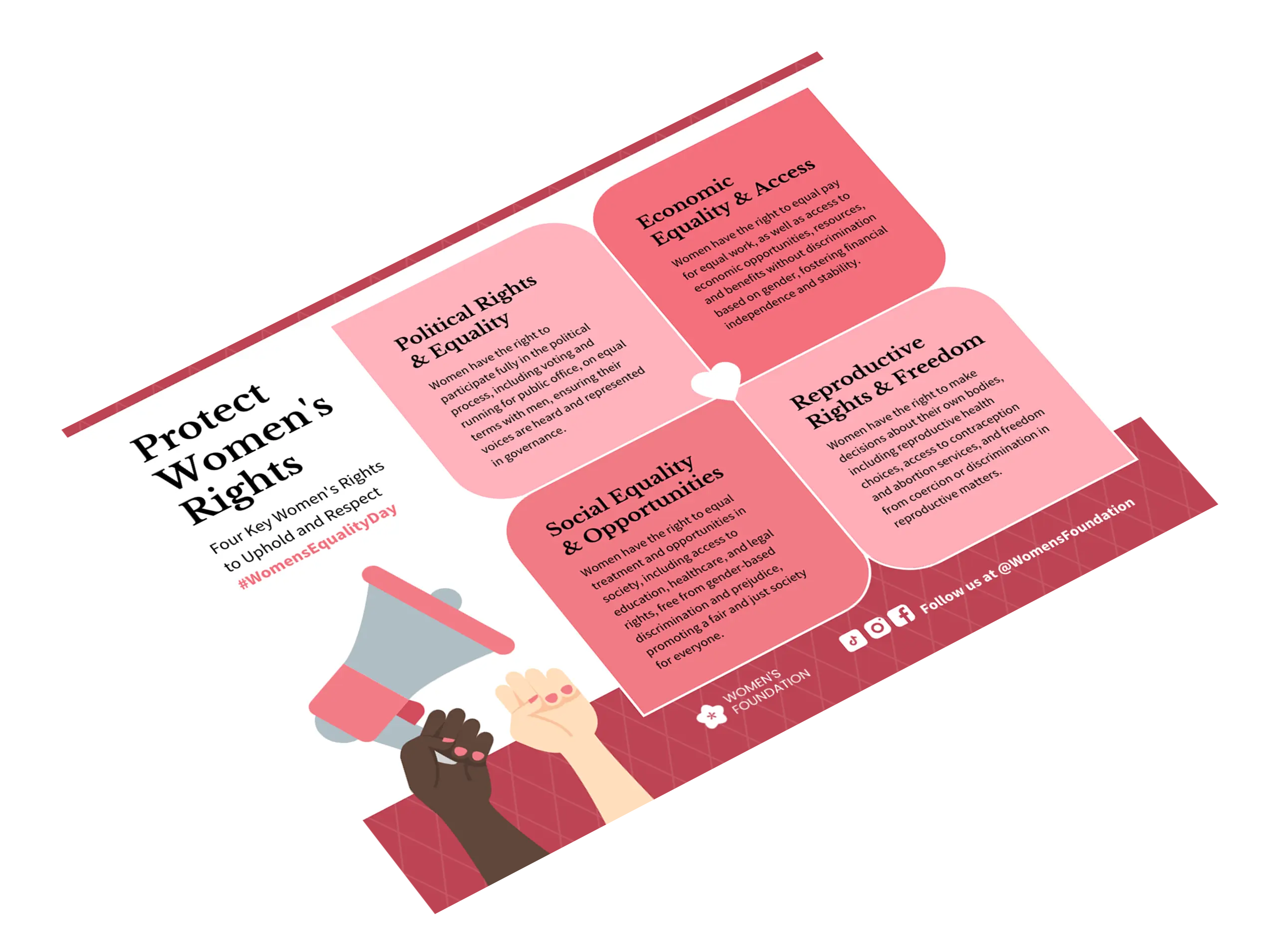
women infographics
women infographics
women infographics
women infographics
women infographics
women infographics
women infographics
women infographics
women infographics
women infographics
women infographics
women infographics
women infographics
women infographics
women infographics
women infographics
women infographics
women infographics
women infographics
women infographics
women infographics
Popular template categories
- Brochures
- Mind maps
- Posters
- Presentations
- Flyers
- Diagrams
- Reports
- White papers
- Charts
- Resumes
- Roadmaps
- Letterheads
- Proposals
- Plans
- Newsletters
- Checklist
- Business cards
- Schedules
- Education
- Human resources
- Ebooks
- Banners
- Certificates
- Collages
- Invitations
- Cards
- Postcards
- Coupons
- Social media
- Logos
- Menus
- Letters
- Planners
- Table of contents
- Magazine covers
- Catalogs
- Forms
- Price lists
- Invoices
- Estimates
- Contracts
- Album covers
- Book covers
- Labels
- See All Templates
